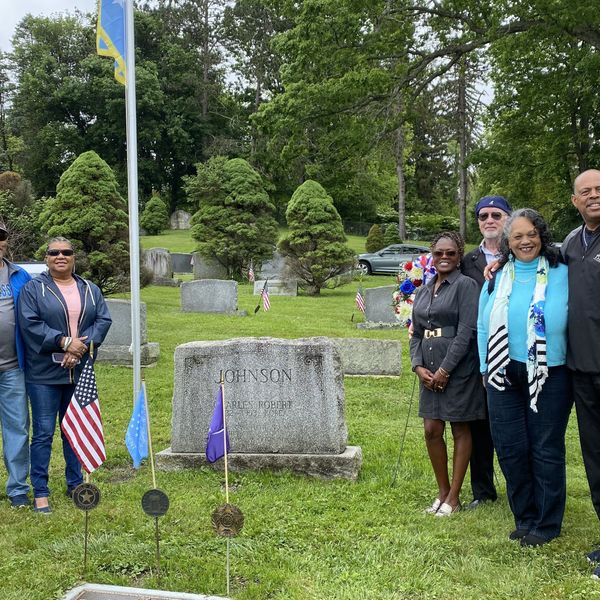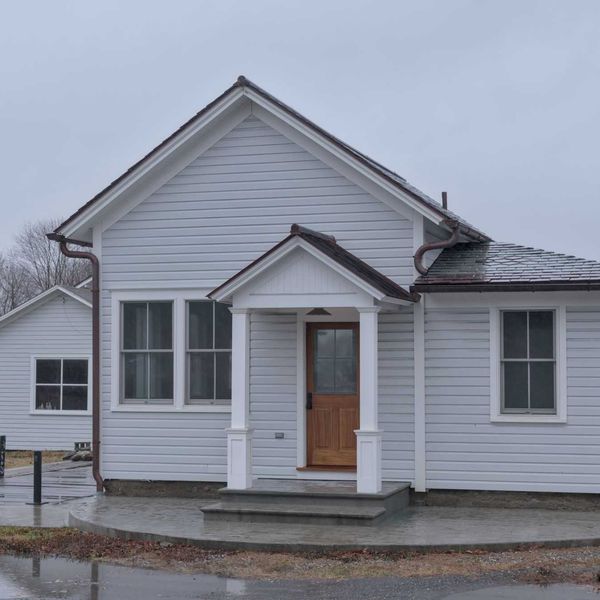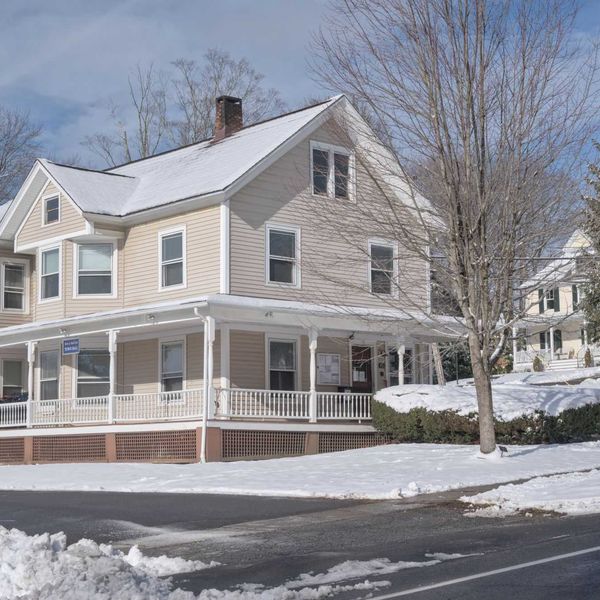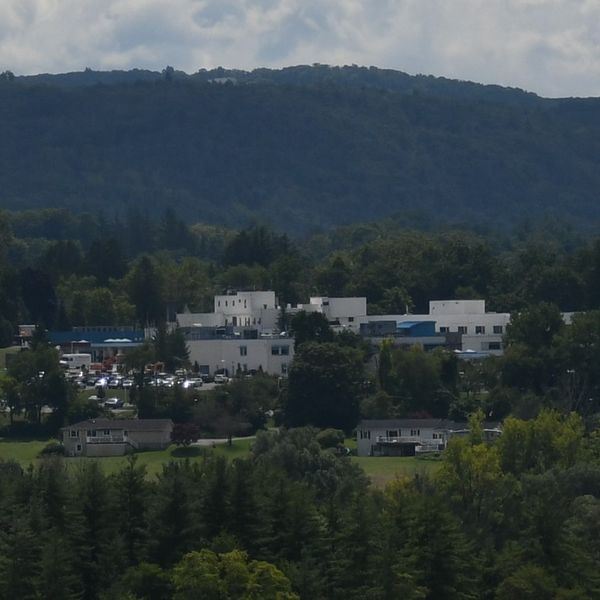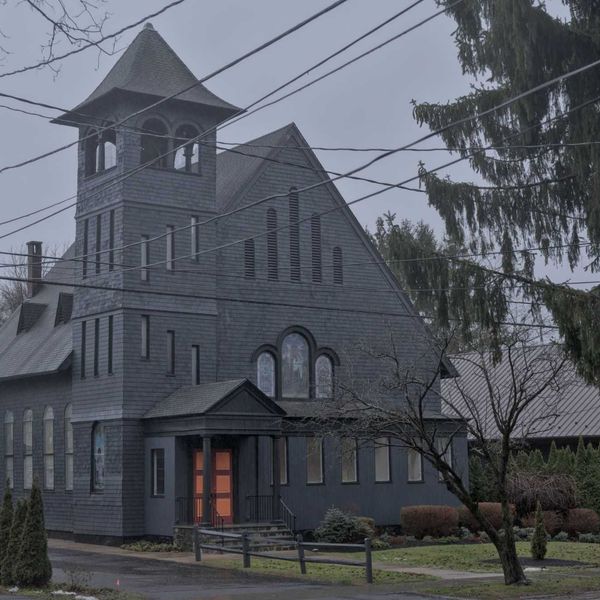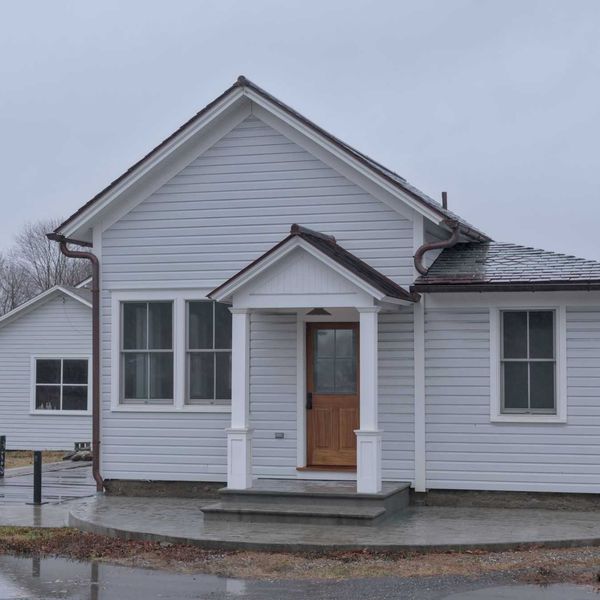Millerton, North East get greener
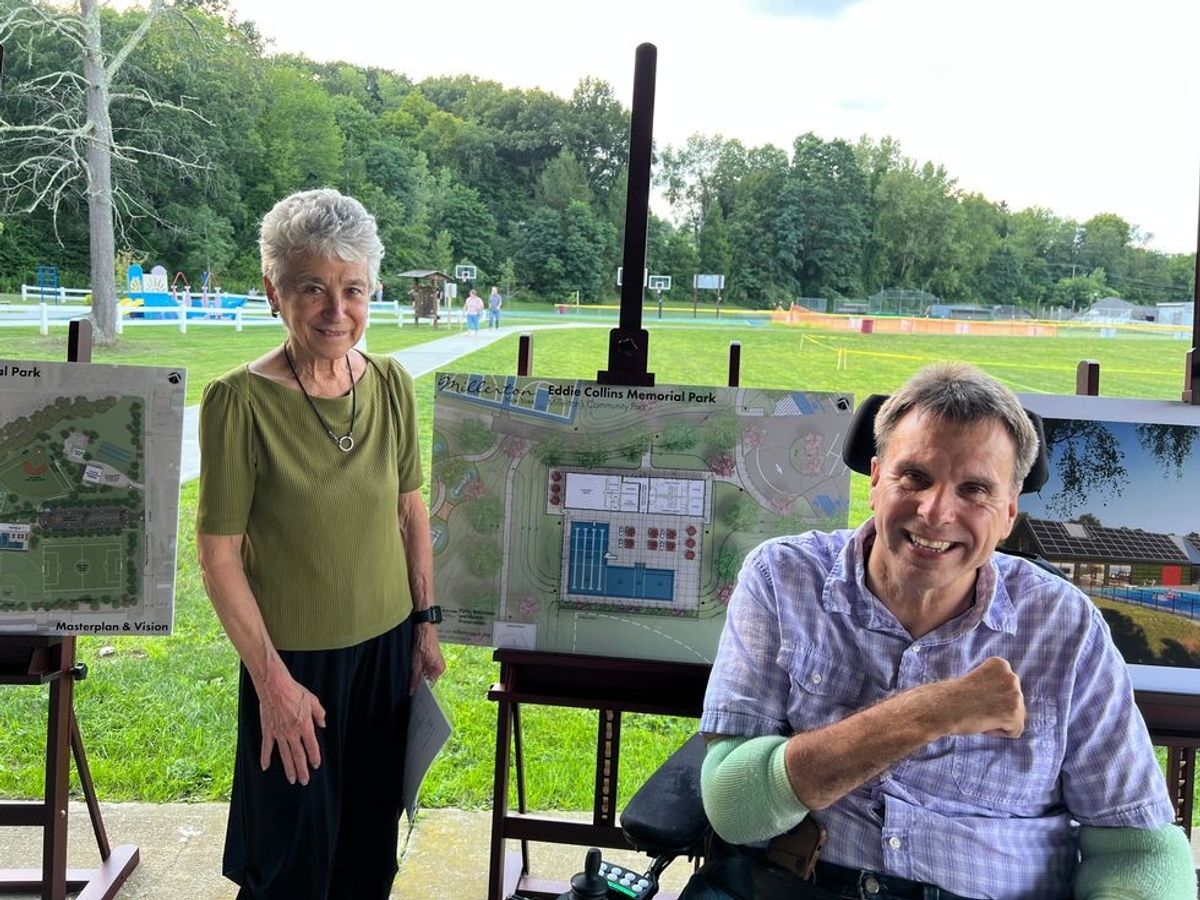
Jeanne Vanecko, project manager, and Stephen Waite, chairman of the Eddie Collins Memorial Park Revitalization Committee, guided a public meeting on Thursday, Aug. 17, about phase two of the park’s redesign, which includes a pool and pool house.
Photo by Christine Bates

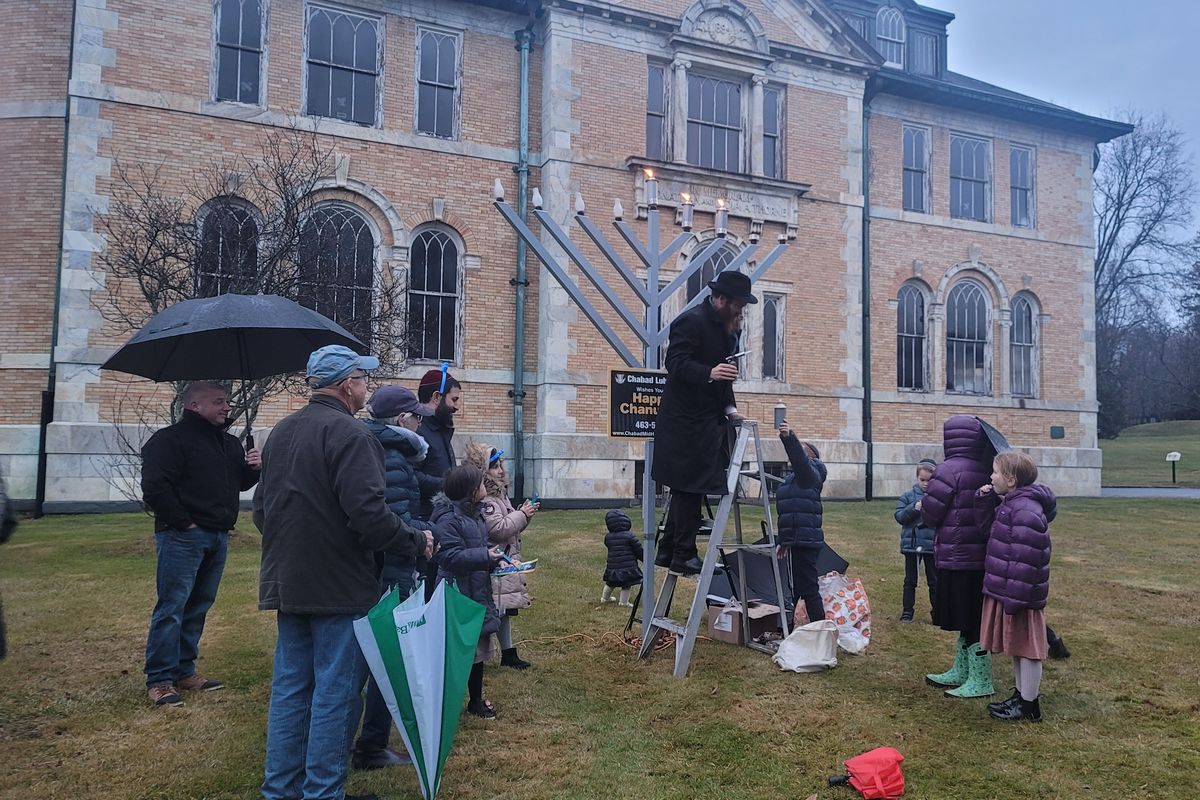


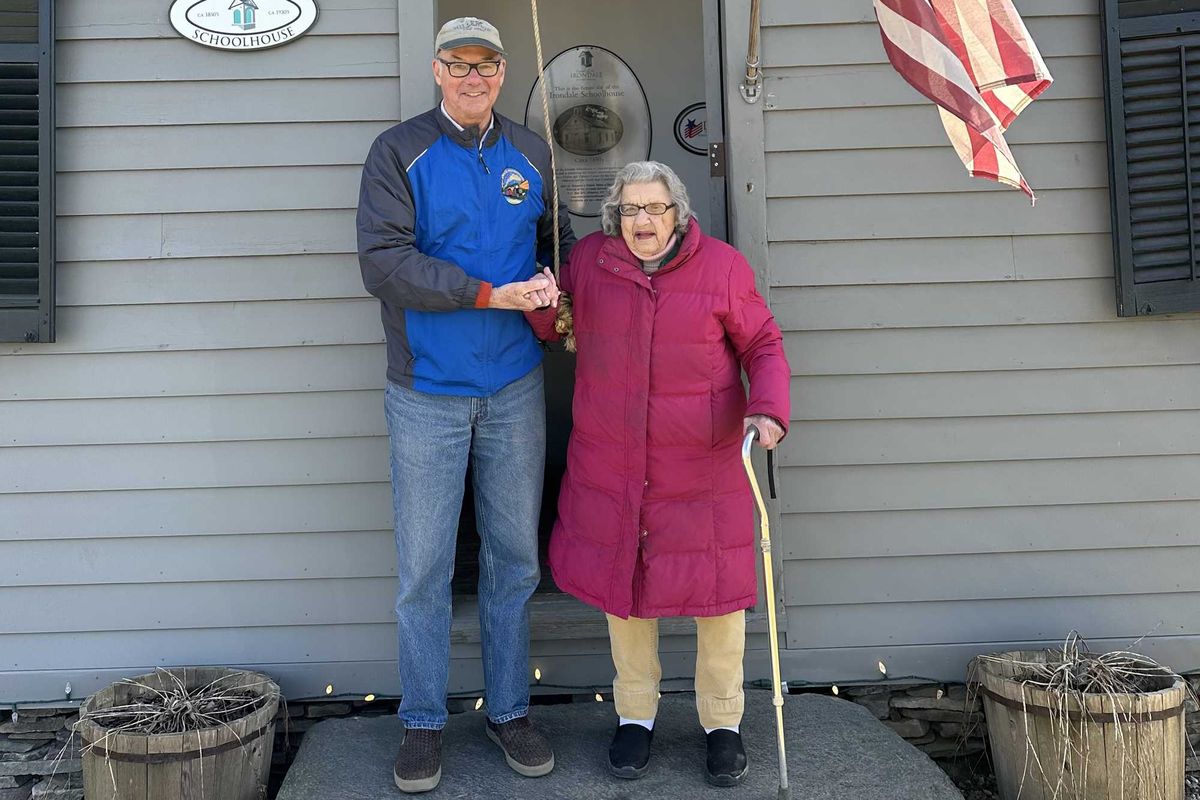

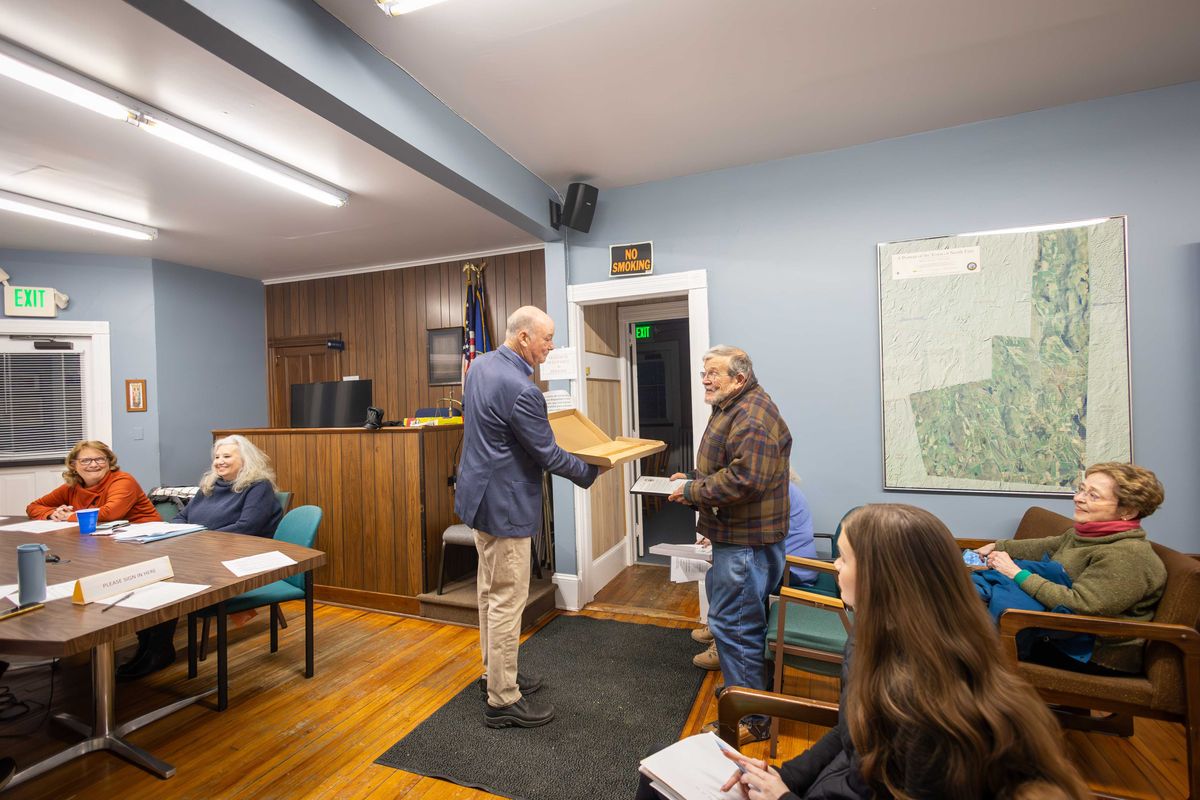


 Decaying equipment and infrastructure still greet those walking through the parking lot at the Millerton Square Plaza on Route 44 just east of the Village of MIllerton.Photo by Nathan Miller
Decaying equipment and infrastructure still greet those walking through the parking lot at the Millerton Square Plaza on Route 44 just east of the Village of MIllerton.Photo by Nathan Miller Eddie Collins Memorial Park on Route 22. Construction on the proposed pool is set to begin in 2026.Photo by Nathan Miller
Eddie Collins Memorial Park on Route 22. Construction on the proposed pool is set to begin in 2026.Photo by Nathan Miller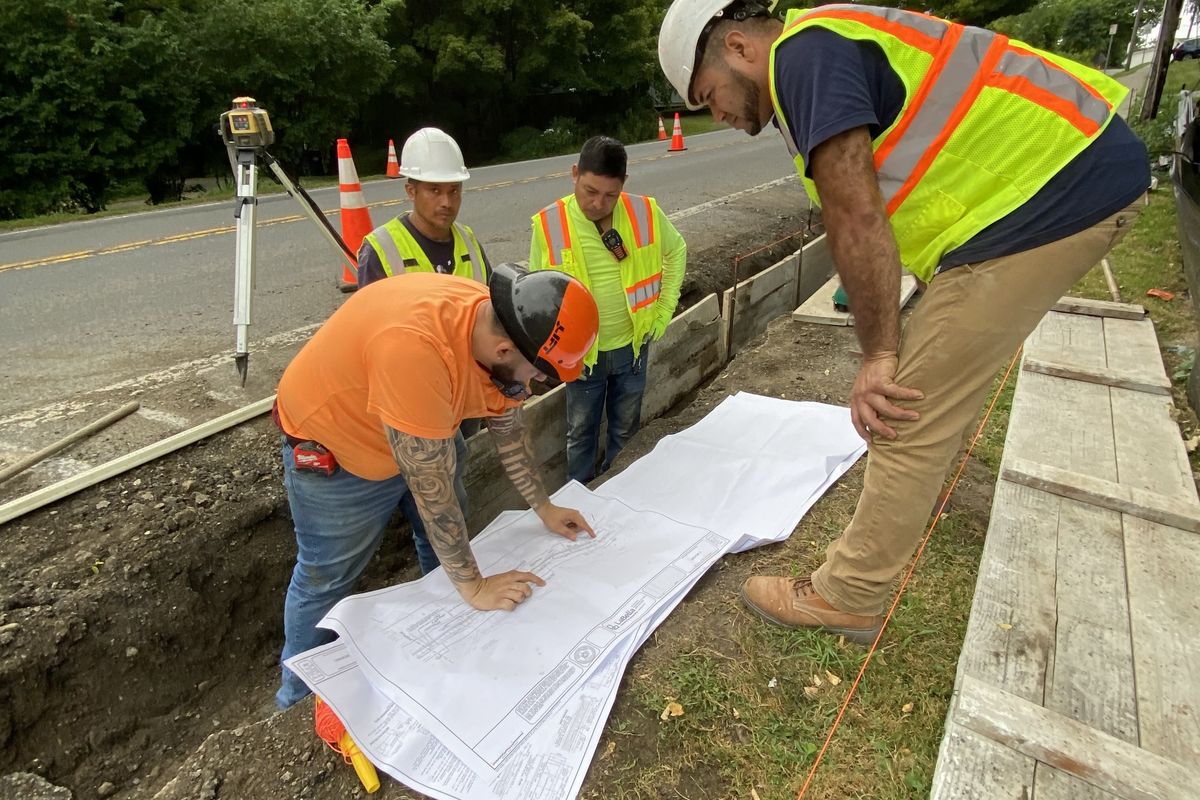
 A sign detailing the history of the charcoal kilns and the recent restoration now stands at the site of the historic kilns on Deep Hollow Road just off Route 22 in Wassaic. The sign and restoration were part of an effort by the Amenia Historical Society and Bernie Leighton, who cleaned up the site and restored the kilns. Photo provided
A sign detailing the history of the charcoal kilns and the recent restoration now stands at the site of the historic kilns on Deep Hollow Road just off Route 22 in Wassaic. The sign and restoration were part of an effort by the Amenia Historical Society and Bernie Leighton, who cleaned up the site and restored the kilns. Photo provided 